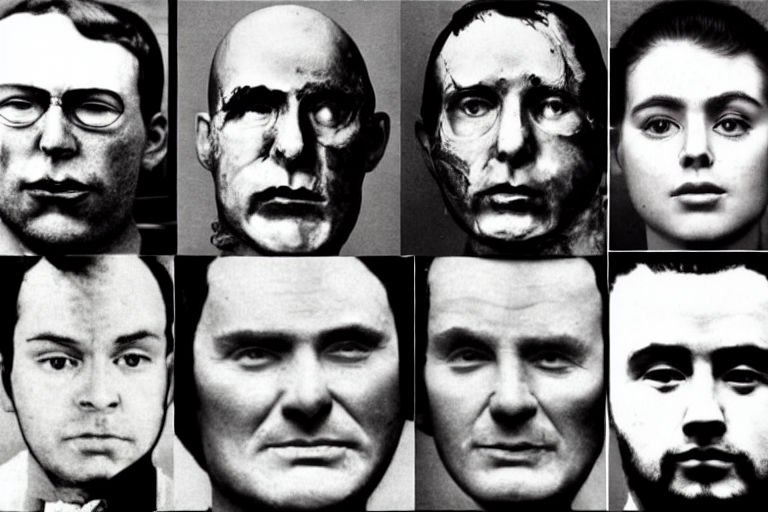The History of Music: From Ancient Times to the Digital Age
Ancient Times
The earliest musical instruments date back to prehistoric times, and evidence of musical activity has been found in cultures around the world. In ancient Greece, music was an important part of religious ceremonies and festivals, and was also used to entertain the masses. The Romans adopted many aspects of Greek music, and helped to spread its influence throughout the Roman Empire.
The Middle Ages
During the Middle Ages, music continued to play an important role in both religious and secular life. The Gregorian chant, a type of monophonic choral music, developed in the 6th century and became the standard form of liturgical music in the Western Church. In the 12th century, polyphonic music, which involves multiple independent melodic lines, began to develop. This new style of music was particularly popular in secular settings, such as royal courts and universities.
The Renaissance
The Renaissance was a time of great cultural change, and music was no exception. This period saw the development of new musical instruments, such as the violin and the piano, and the emergence of new musical forms, such as the opera and the symphony. Composers such as Johann Sebastian Bach and Wolfgang Amadeus Mozart helped to define the classical style of music, which emphasized clarity, balance, and form.
The Romantic Era
The Romantic era in music began in the late 18th century and lasted until the mid-19th century. This period was marked by a shift away from the strict rules of the classical style, and composers began to explore new ways of expressing emotion in their music. Some of the most famous Romantic composers include Ludwig van Beethoven, Franz Schubert, and Robert Schumann.
The 20th Century
The 20th century saw a wide range of new musical styles develop, from jazz and blues to rock and roll. The invention of the recording industry made it possible for music to be distributed to a wider audience than ever before, and the rise of new technologies, such as the synthesizer and the computer, helped to create new and innovative sounds.
The Digital Age
The digital age has had a profound impact on the way we experience and create music. The internet has made it possible to share music with people all over the world, and new technologies have made it possible to create and produce music with greater ease than ever before. The future of music is uncertain, but it is clear that the digital age will continue to play a major role in its development.
Conclusion
The history of music is a long and varied one, filled with many different styles and genres. From the earliest musical instruments to the latest digital technologies, music has always been an important part of human culture. As we move forward into the future, it will be interesting to see how music continues to evolve and change.



